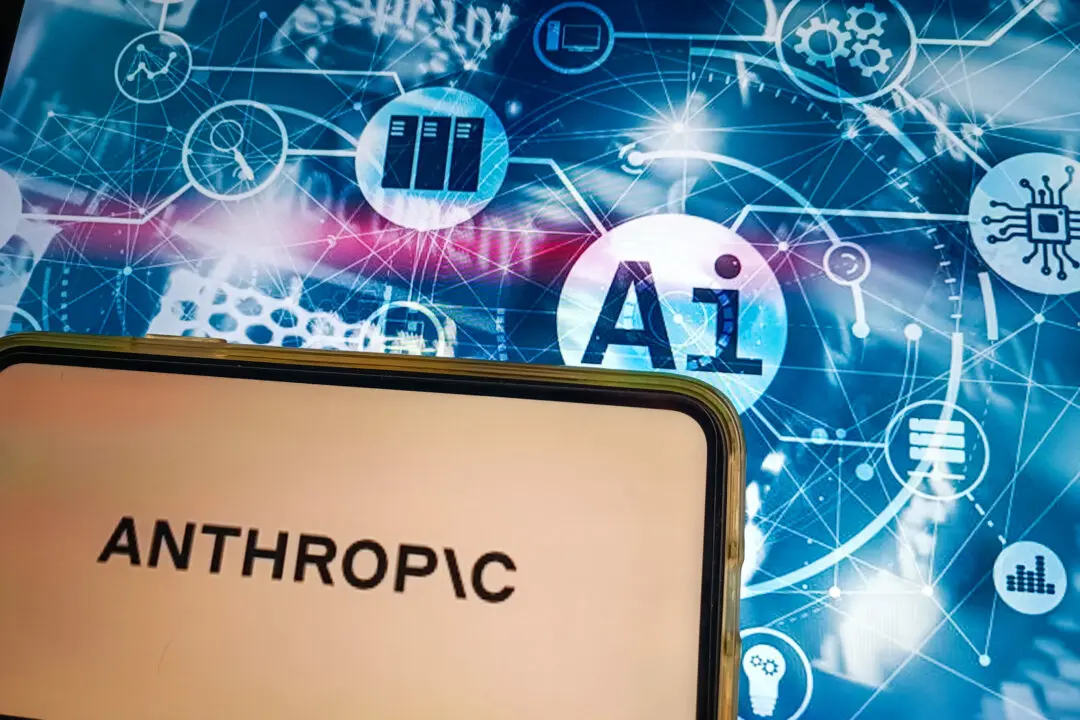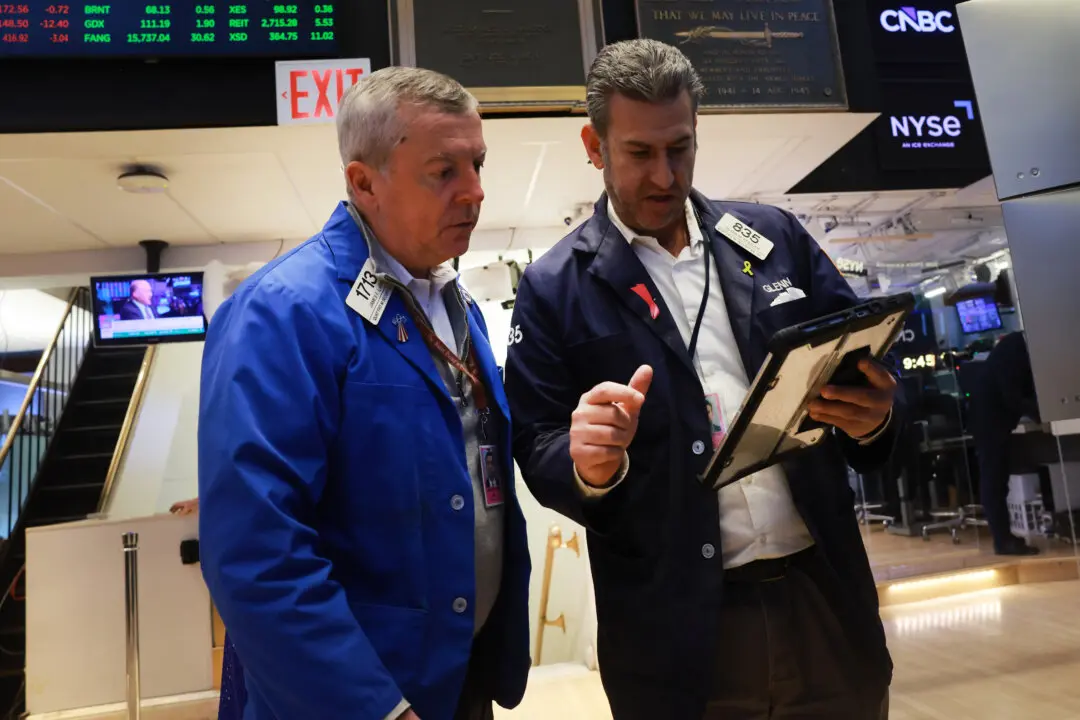U.S. materials giant Corning Inc. reported first-quarter 2025 sales and earnings that rose above expectations, driven by strong demand for generative artificial intelligence (AI). It also sees strong demand for U.S.-made solar products. Its shares rose in pre-market trade.
On the morning of April 29, the upstate New York-based company reported a 13 percent jump in core sales from the previous year, to $3.7 billion, with core earnings per share up 42 percent, to $0.54.





